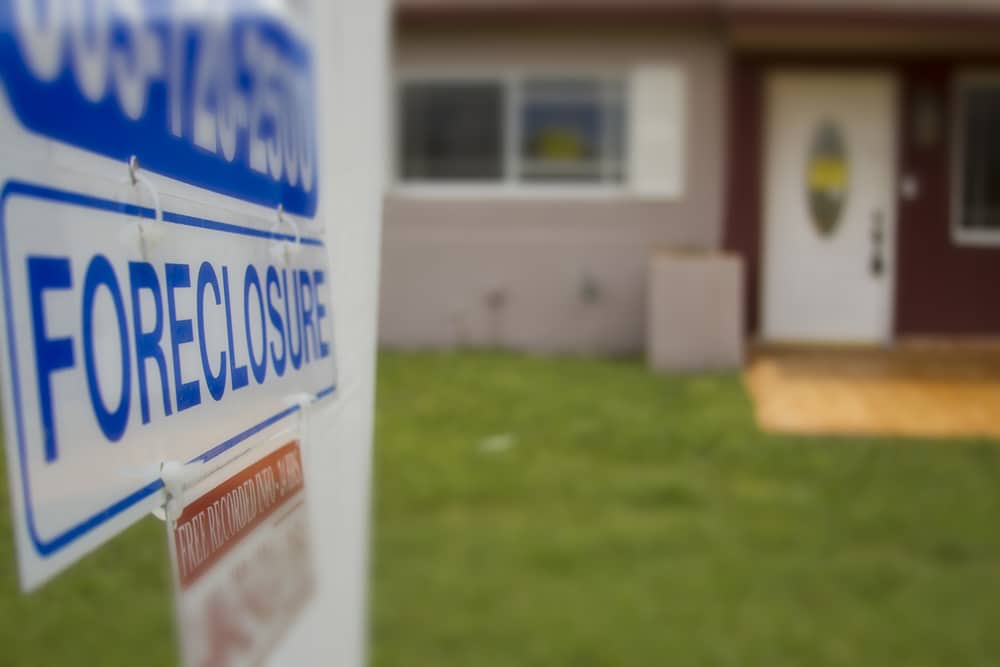Renters: Who owns home the home we’re renting?
The home two renters are renting was recently sold in a sheriff’s sale. Now they’re wondering, who actually owns the home and what does it mean for them?
Q: Let’s assume someone has a mortgage. Their home sells for one dollar at a sheriff’s sale. Who owns the home? What does it mean for the people who are living in the house? Will the occupants in the home need to move out?
Must renters move after their rental home is sold?
A: What are you really asking? We think what you want to know is if you can stay in your home after it is sold in a sheriff’s sale. Tough situation. You’ve got owners vs. tenants or non-owner occupants of the home. When you’re the owner and your home is sold at a sheriff’s sale or goes through another type of foreclosure, the new buyer has the right to terminate your right to live in the home and evict you.
Who owns the home we’re renting?
For the original owner, you lose your house because you either failed to pay your mortgage, failed to pay your real estate taxes, or have a judgment filed against you. In each of these situations, you’ll know that you’re in trouble. You may also know that you’ve lost the home in a sale. When it comes to tax sales, the good news is that the homeowner usually gets an opportunity to redeem the unpaid amount and recover the full title to the home. It can be expensive, but at least it can be done.
Ownership changes in a foreclosure or tax sale
Sheriff’s sale often happen where the owner has failed to pay the debt owed on their mortgage. The lender then forecloses on the property. Or, let’s say an owner has failed to pay their real estate taxes. Later, the property is sold for those unpaid taxes. The sale for unpaid taxes may be a sheriff’s sale or a tax sale under similar circumstances. Finally, a defendant in a civil suit loses that suit. The plaintiff sues to enforce the judgment by foreclosing on the defendant’s home or other property.
Who owns home we’re renting? The new buyer may have the right to evict renters
Who owns the home? Now let’s look at it from the buyer’s perspective. When a buyer purchases a home at a sheriff’s auction, in most cases that buyer becomes the new owner of the home. Depending on the situation, the new owner might have the right to evict any person living in the home and take full possession of the property.
The most common situation is when a lender forecloses on a home. At this point, the lender usually buys the home at the sheriff’s sale. Later, the lender will sell the home. Proceeds are used to pay off the mortgage plus any fees that have accrued.
In order to sell the home, the lender may want to evict the occupants of the home to provide the new buyer with a home free of any tenants or occupants. As part of the foreclosure process and the sheriff’s sale, the lender can use the legal system to evict the occupants of the home, whether they are the owners, friends, relatives, or tenants living there.
Current renters may have the right to stay for a short period
In some limited circumstances, the tenant may have the right to stay in the home for a period of time. Most states regulate evictions. Usually, the renter or tenant has to leave after a foreclosure. The lender will want to pass along the property with clean, unencumbered title.
It sounds like you have a very specific scenario you’re facing. You’ll want to talk to an attorney in your area that has experience with evictions and lender foreclosures to get more details based on your specific situation. Good luck.
Read more about renters, foreclosures and tax sales
Renters’ rights: I can’t afford my rent
Short Sale or Foreclosure Options for Rental Properties
Does Paying Property Taxes Give Ownership of the Home?
©2023 by Ilyce Glink and Samuel J. Tamkin. Distributed by Tribune Content Agency.







Leave A Comment